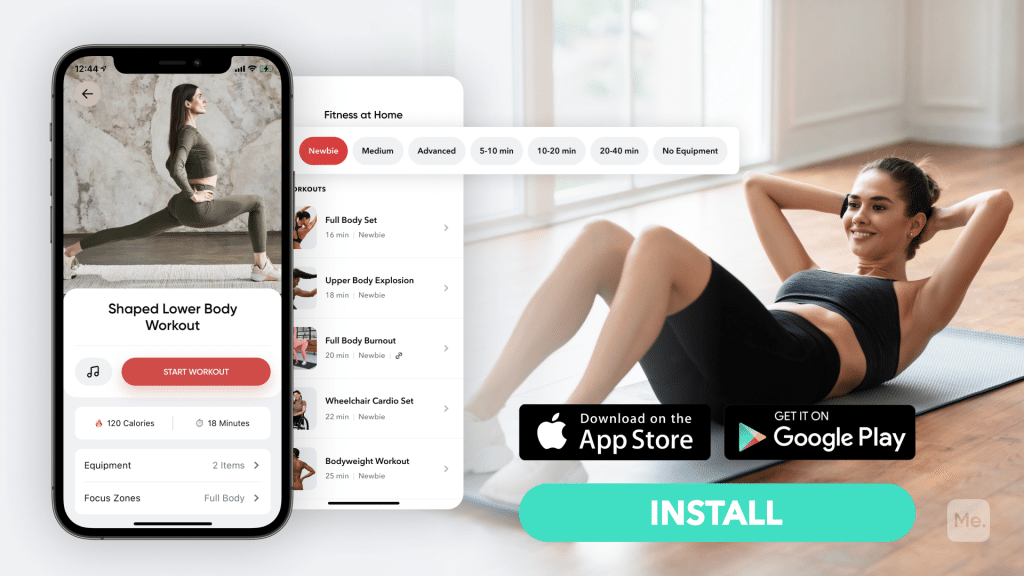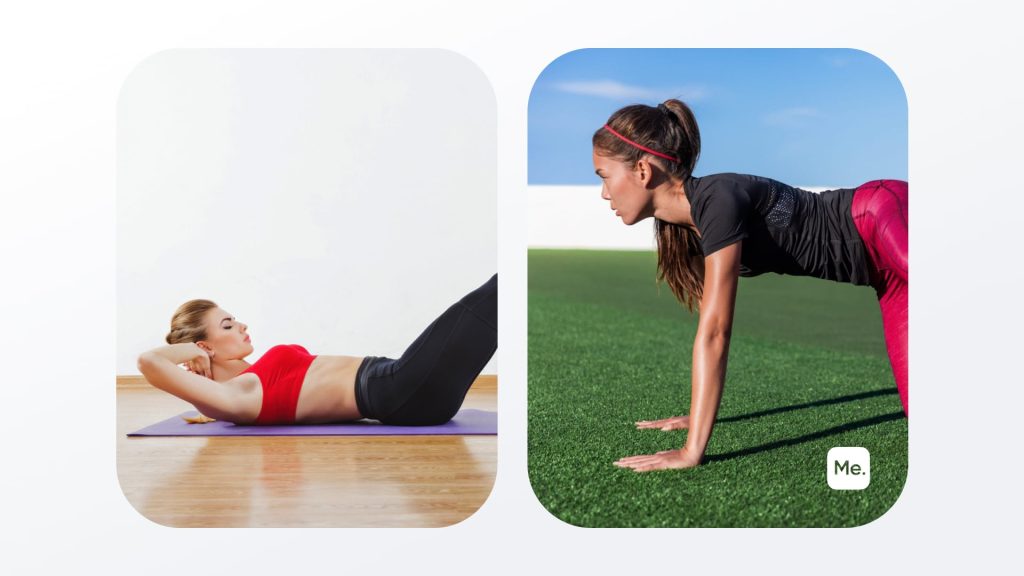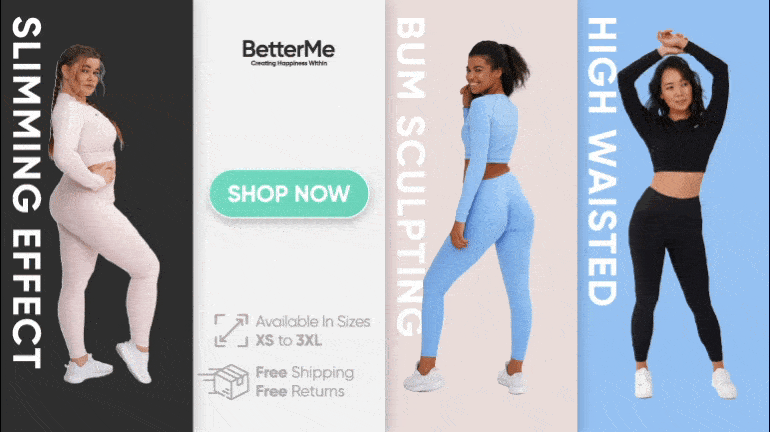Rollerblading: Lose Weight And Have Fun!
The number of people looking for effective ways to peel off unwanted pounds and keep their body healthy is constantly growing. As a rule, weight-watchers aim to burn as many calories as possible to achieve their fitness goals. There is a slew of workouts that can help sizzle away excess calories. Many people opt for aerobic exercises that fire up their metabolism and get their heart pumping and pulse racing. Among the most popular cardio workouts are running, walking or cycling. However, there is a workout which can help you both lose weight and have fun. Inline skating is gaining popularity as an effective weight management method. Many people are stuck with one nagging question: how many calories does rollerblading burn and is it worth it? Read on to figure this one out!
Get your personalized
meal plan!
How Many Calories Does Rollerblading Burn Per Hour?
It is critical to understand that this aspect is quite individual and is affected by several factors.
So, how many calories does rollerblading burn? First, it depends on your body weight. For instance, a person who is 160 pounds will burn about 913 calories per one hour of rollerblading. A person with a 200-pound weight will burn 1,138 calories, and a person with a 240-pound weight – 1,363 calories (1). Second, the intensity of your training also influences your results – the faster you are, the more calories you burn.
If you want to find out the amount of burnt calories, you can try to use online calculators. Just input the number of minutes of rollerblading and your weight, and you’ll get an average number of burnt calories.
Read More: HIIT Workouts For Men: Pack A Ton Of Work Into A Short Amount Of Time
Benefits Of The Rollerblading
Rollerblading can bring a wide range of benefits not only for your weight loss, but for your overall health as well.
- It helps to develop your muscles and their endurance and targets more muscles than running or cycling.
- Rollerblading involves your lower back muscles, hips, buttocks and upper leg muscles.
- This kind of workout improves your balance and posture and helps to take the edge off your fatigue.
- Moreover, inline skating significantly lowers your risks of heart disease, which is a major cause of death all over the world (2).
- In addition, it is a great way to reduce stress, which can lead to a bunch of health issues, such as an upset stomach, high blood pressure, headaches, trouble sleeping and more (3).
BetterMe app will kick you out of the mental funk, shake off your extra weight, rid you off you energy-zapping habits, and help you sculpt the body of your dreams. Intrigued? Hurry up and change your life for the better!
Some Tips For Your Success
- To prevent injuries and reach the desired effect, it is important to carry everything out properly. For example, your weight should be centered back on your heels and you should push your legs out to the side. You also should work with your arms. Moreover, the lower your body gets, the more you’ll engage your core and leg muscles.
- Wear workout gear to protect yourself from injuries. A helmet, kneepads, elbow pads and wrist guards will help you to be safe and enjoy your workout.
- To get better results, it is recommended not to overeat before the training session but it doesn’t imply that you’re supposed to run on fumes.
- If your aim is to lose weight, it is important establish other healthy habits, including healthy nutrition and high-quality sleep. It is also crucial to reduce your levels of stress and anxiety, which lead to excessive weight gain.
FAQs
How Often Should I Perform This Workout?
Rollerblading is a great way to keep your body toned and healthy. If you want to stay in shape, 2-hour training sessions 3 times a week will suffice.
Conclusion
In conclusion, rollerblading is a great way to burn calories and keep your body firmed up and healthy. By working out regularly you’ll achieve the desired results sooner than you think. However, when it comes to changes in your lifestyle, it is critical to be careful and attentive. If you have decided to give rollerblading a try, make sure to consult a healthcare professional before you start your training sessions.
DISCLAIMER:
This article is intended for general informational purposes only and does not address individual circumstances. It is not a substitute for professional advice or help and should not be relied on to make decisions of any kind. Any action you take upon the information presented in this article is strictly at your own risk and responsibility!
SOURCES:
- Exercise for weight loss: Calories burned in 1 hour (2019, mayoclinic.com)
- Heart Disease Facts (2019, cdc.gov)
- The Effects of Stress on Your Body (2017, webmd.com)












